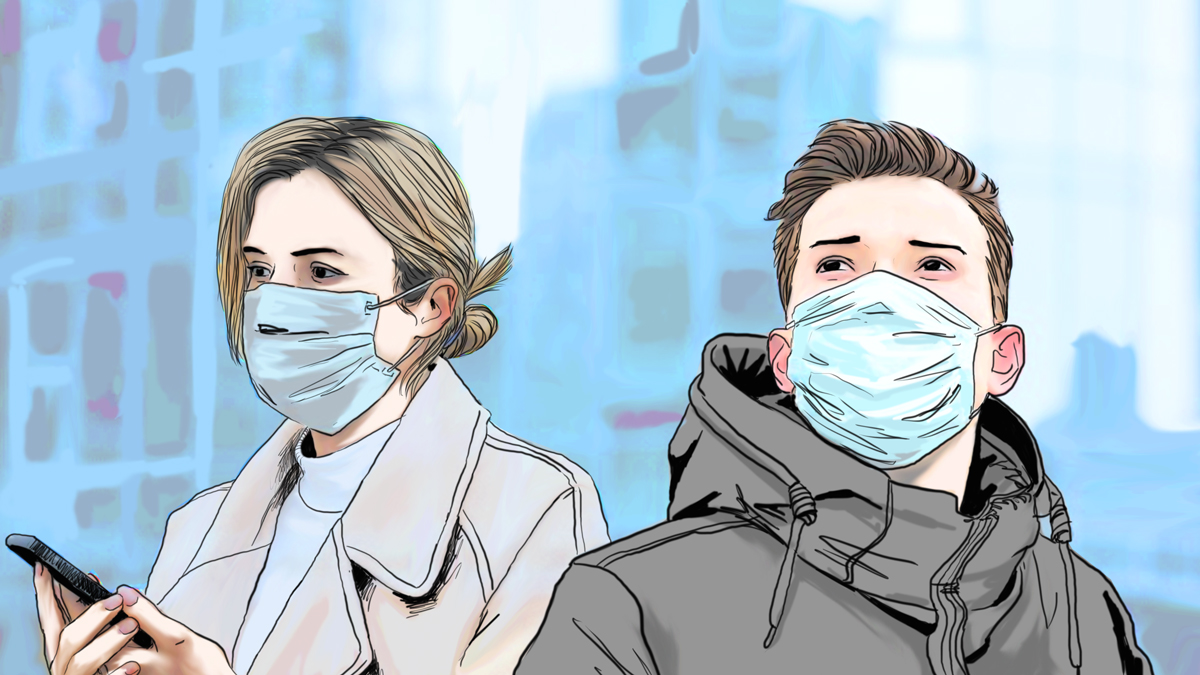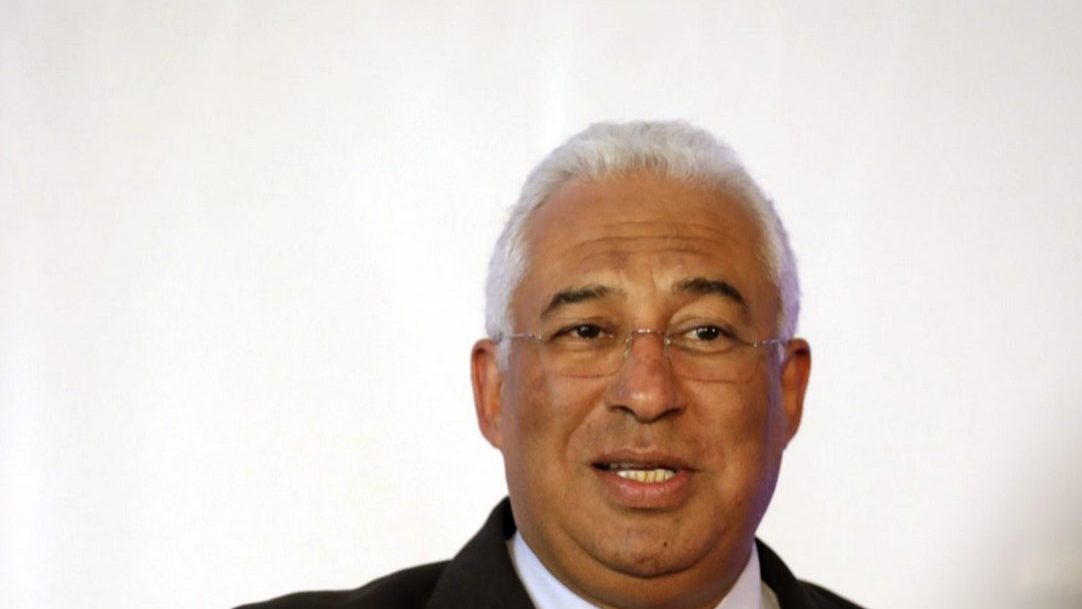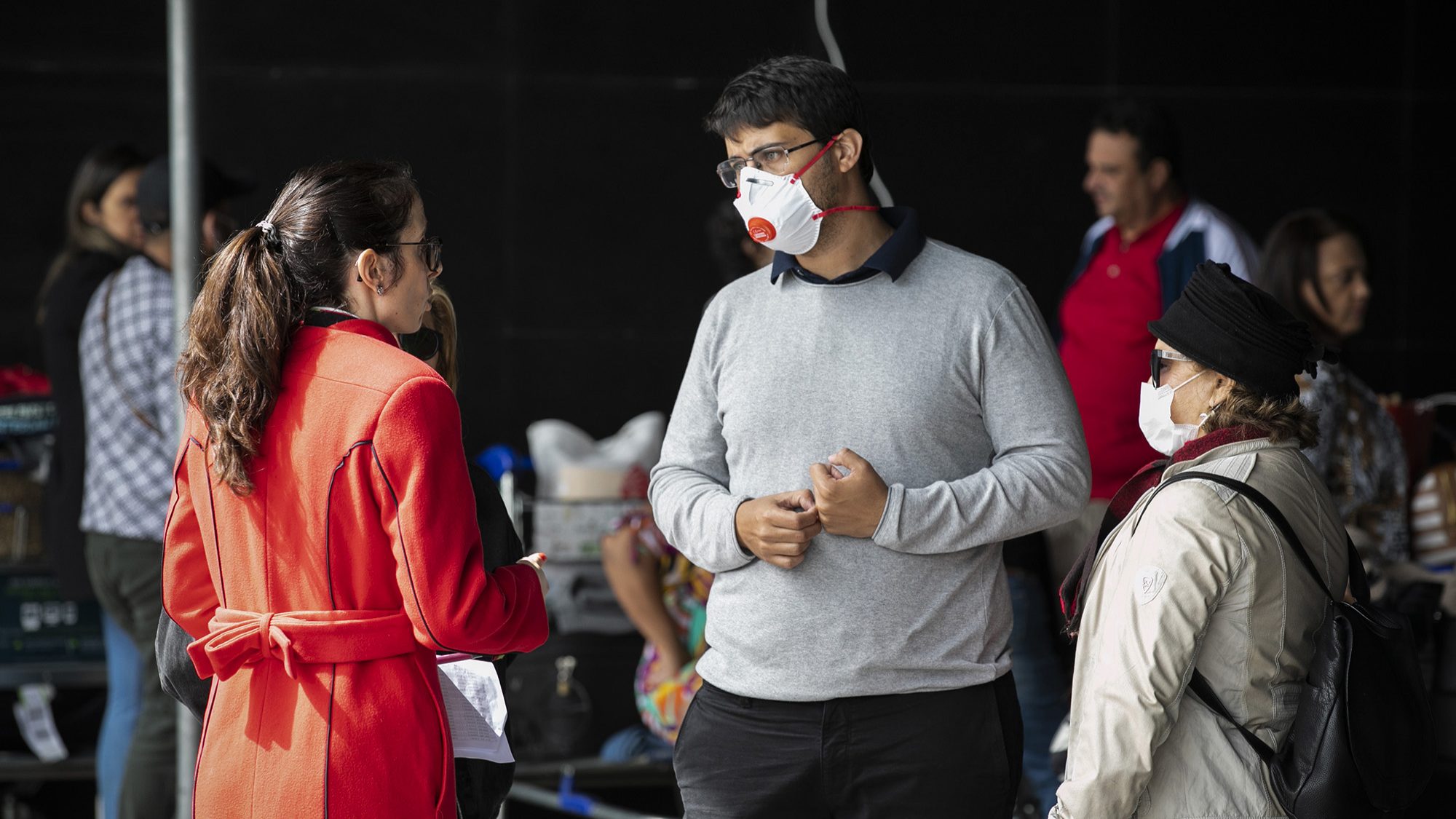What stays open and what closes with the State of Emergency
It is already known the details of the decree that implement the State of Emergency in Portugal.
The details of the Government decree implementing the State of Emergency in Portugal are already known. The document details all the types of business that will remain open, as well as those that are forced to close in an attempt to halt the advance of the new coronavirus. In addition, it requires, as a law, that patients with Covid-19 and people under surveillance stay at home or under hospital admission.
What stops or closes:
- Recreational, leisure and entertainment activities: Discos, bars, dance or party halls, circuses, amusement parks, children’s playgrounds and the like, water parks, zoos (without prejudice to workers’ access for animal care purposes), any places intended for leisure sporting activities and other places or facilities similar to the previous ones.
- Cultural and artistic activities: Auditoriums, cinemas, theatres, concert halls, museums, monuments, palaces and archaeological or similar sites (interpreting centres, caves, etc.), whether national, regional or municipal, public or private, without prejudice to workers’ access; libraries and archives; squares, places and bullfighting facilities; art galleries, exhibition halls, congress halls, multipurpose halls, conference rooms and multipurpose halls.
- Sports activities, except those intended for high performance athletes: Soccer, rugby and similar fields; indoor pavilions or venues; futsal, basketball, handball, volleyball, roller hockey and similar; shooting ranges; tennis courts, padel and similar; skating rinks, ice hockey and similar; swimming pools; boxing rings, martial arts and the like; permanent motorcycle, automobile and similar circuits; velodromes; hippodromes and the like; multi-sports halls; gymnasiums and gyms; athletics tracks; stadiums.
- Activities in open spaces, public spaces and roads, or private spaces and roads similar to public roads: Cycling, motorcycling, car racing and similar routes, except those intended for the activities of high-performance athletes; nautical competitions and exhibitions; aeronautical competitions and exhibitions; parades and popular festivals or folkloric or other events of any nature.
- Gambling and betting venues: Casinos; gambling establishments such as bingos or similar; games halls and recreational halls.
- Restaurant activities: Restaurants and similar, cafeterias, tea houses (with the exceptions indicated below); bars and the like; hotel bars and restaurants (except for the purpose of delivering meals to guests); vending machines.
- Spas or similar establishments.
What can stay open:
The government decree also provides that several businesses and establishments providing “essential” goods or services may remain open. Moreover, in certain cases, the government may even “impose the exercise” of some of these retail trade or service activities, in cases where they “prove essential to ensure the regular supply of essential goods to the population.”
- Minimarkets and supermarkets.
- Fruit shops, butcheries, fish shops and bakeries.
- Markets, in cases of food sales;
- Agri-food production and distribution;
- Catering and beverages, under the terms of this decree;
- Confection of meals ready to take home, under the terms of this decree;
- Medical services or other health and social support services;
- Pharmacies and places of sale of medicines not subject to medical prescription;
- Medical and orthopaedic products establishments;
- Opticians;
- Cosmetic and hygiene products establishments;
- Natural and dietetic products establishments;
- Essential public services and their repair and maintenance (water, electricity, natural gas and liquefied petroleum gases piped, electronic communications, postal services, wastewater collection and treatment services, wastewater collection and treatment services, urban solid waste management and hygiene services and passenger transport services);
- Stationeries and tobacco shops (newspapers, tobacco);
- Social games;
- Veterinary clinics;
- Pet sales establishments and their food;
- Establishments selling flowers, plants, seeds and fertilizers;
- Establishments for the washing and dry cleaning of textiles and leather;
Drugstores; - Hardware shops and do-it-yourself outlets;
- Fuel filling stations;
- Establishments selling fuels for domestic use;
- Establishments for the maintenance and repair of motor vehicles and motorcycles, tractors and agricultural machinery, as well as the sale of parts and accessories and towing services;
- Establishments for the sale and repair of household appliances, computer and communications equipment and their repair;
- Banking, financial and insurance services;
- Funeral and related activities;
- Home maintenance and repair services;
- Security or home surveillance services;
- Cleaning, disinfecting, root canalisation and similar activities;
- Home delivery services;
- Tourist establishments, except camping sites, which may provide food and beverage services in the establishment itself only for their guests;
- Services that guarantee student accommodation.
- Activities and establishments listed in the previous numbers, even if integrated in shopping centers.
Restrictions take effect at midnight from Saturday to Sunday
With the declaration of a state of emergency, the measures to implement it thus arise. The security forces will have the role of ensuring its implementation on the ground, and the restrictions are scheduled to come into force at midnight from Saturday to Sunday. There may be even more exceptions, to be defined by orders of the various members of the Government in cases where it proves necessary.


